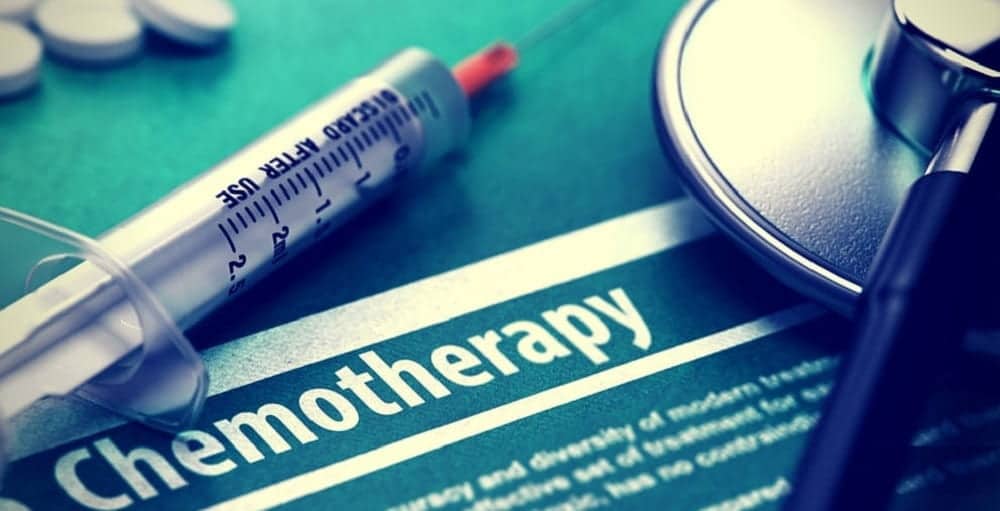Bristol-Myers Squibb Co. announced that the EC has approved Sprycel in combination with chemotherapy for the treatment of pediatric patients with newly diagnosed Philadelphia chromosome-positive (Ph+) acute lymphoblastic leukemia (ALL). This is the second pediatric leukemia indication for Sprycel in Europe. The approval includes both the tablet form of Sprycel and, in a first for pediatric patients with ALL in Europe, the powder for oral suspension (PFOS) formulation of Sprycel.
“We are proud that the approval by the European Commission brings children with Ph+ acute lymphoblastic leukemia a new treatment option, including a powder formulation developed as part of our commitment to addressing the unique needs of children with cancer,” said Fouad Namouni, M.D., head, oncology development, Bristol-Myers Squibb.
The approval is based on data from CA180-372 (NCT01460160), a Phase 2 trial which evaluated the addition of Sprycel to a chemotherapy regimen modeled on a Berlin-Frankfurt-Munster high-risk backbone in pediatric patients with newly diagnosed Ph+ ALL. Results from the CA180-372 trial presented at the 2017 American Society of Hematology Annual Meeting showed that at three years, the combination of Sprycel and chemotherapy demonstrated an event-free survival (EFS) rate, the study’s primary endpoint, of 65.5% (95% CI: 57.7 to 73.7), and an overall survival (OS) rate of 91.5% (95% CI: 84.2 to 95.5).
The safety profile of Sprycel administered in combination with chemotherapy in pediatric patients with Ph+ ALL in the CA180-372 trial was consistent with the known safety profile of Sprycel in adults with Ph+ ALL and the known safety profile of the chemotherapy regimen. Primary toxicities of any causality included hematological toxicity such as grade 3 or 4 febrile neutropenia (75.5%), sepsis (23.6%) and bacteremia (24.5%). Non-hematologic, non-infectious grade 3 or 4 adverse events (AEs) attributed to Sprycel and reported in more than 10% of patients were limited to elevated alanine aminotransferase (21.7%) and aspartate transaminase (10.4%). Other grade 3 or 4 AEs attributed to Sprycel were pleural effusion (3.8%), edema (2.8%), hemorrhage (5.7%) and cardiac failure (0.8%). No events of pulmonary hypertension or pulmonary arterial hypertension were reported.
Patients treated in the study (n=106), all aged younger than 18 years, received Sprycel at a daily dose of 60 mg/m2 on a continuous dosing regimen for up to 24 months, in combination with chemotherapy. Seventy-seven percent of patients (N=82) received Sprycel tablets exclusively, and 23% of patients (N=24) received Sprycel PFOS at least once.
The recommended starting dosage for Sprycel in pediatric patients with Ph+ ALL is based on body weight. The Sprycel PFOS is for patients weighing 10 kg or less, or who cannot swallow tablets whole. The recommended dose for both the tablet and PFOS formulations should be recalculated every three months based on changes in body weight, or more often if necessary. Sprycel tablets should be swallowed whole and should not be crushed, cut or chewed. The exposure in patients receiving a crushed tablet is lower than in those swallowing an intact tablet. The Sprycel tablet and PFOS formulations are not bioequivalent. Patients should only switch between the tablet and PFOS formulations at the discretion of a medical professional, who will decide the right formulation and dose based on the patient’s weight.
Bristol-Myers Squibb: Advancing Oncology Research
At Bristol-Myers Squibb, patients are at the center of everything we do. The focus of our research is to increase quality, long-term survival for patients with cancer and make cure a possibility. Through a unique multidisciplinary approach powered by translational science, we harness our deep scientific experience in oncology and Immuno-Oncology (I-O) research to identify novel treatments tailored to individual patient needs. Our researchers are developing a diverse, purposefully built pipeline designed to target different immune system pathways and address the complex and specific interactions between the tumor, its microenvironment and the immune system. We source innovation internally and in collaboration with academia, government, advocacy groups and biotechnology companies, to help make the promise of transformational medicines, like I-O, a reality for patients.
About Sprycel
Sprycel is a second-generation tyrosine kinase inhibitor (TKI) designed to help inhibit BCR-ABL, an abnormal protein found on the mutated Philadelphia chromosome in most patients with chronic myeloid leukemia (CML) and some patients with ALL, which can trigger the overproduction of damaged or immature white blood cells. By targeting the BCR-ABL protein, Sprycel can reduce the number of damaged white blood cells in the body, allowing for the production of more normal cells.
Sprycel is currently approved in more than 60 countries for the treatment of adults with Ph+ ALL or Ph+ CML in chronic phase (CP-CML) who are resistant or intolerant to prior therapy, and in more than 50 countries for the treatment of adults with newly diagnosed Ph+ CP-CML. In 2017, Sprycel received its first pediatric indication when it became the first second-generation TKI approved for the treatment of patients one year of age and older with Ph+ CP-CML. Sprycel is also approved in combination with chemotherapy for the treatment of pediatric patients with newly diagnosed Ph+ ALL.
In Europe, both pediatric indications for Sprycel include the PFOS formulation, the approvals of which made Sprycel the first TKI with an approved powder formulation for administration in pediatric patients with Ph+ CP-CML and Ph+ ALL. The PFOS formulation is also approved for adult patients with Ph+ CP-CML who cannot swallow tablets.
About Bristol-Myers Squibb
Bristol-Myers Squibb is a global biopharmaceutical company whose mission is to discover, develop and deliver innovative medicines that help patients prevail over serious diseases.



















